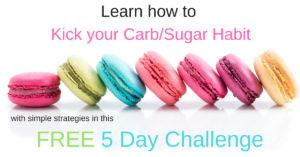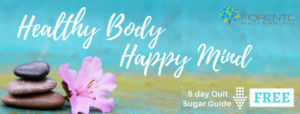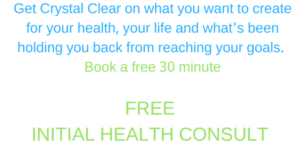Blood pressure & ways to reduce it
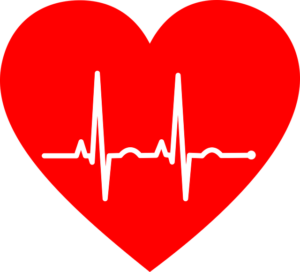
High blood pressure is a silent disease. Often, there are no symptoms so that’s why it’s testedregularly by your doctor, it’s better to catch it before it slowly creeps higher and higher. When blood pressure is elevated for too long it can cause serious damage. In extreme cases, it can result in blindness, kidney damage and is a major risk factor for developing cardiovascular disease, including heart attack and stroke.
It’s estimate that 1 billion people have high blood pressure and is said to be the “#1 risk factor for death and disability in the world.”
What is a blood pressure & how is it measured
Blood pressure is how hard your blood is pushing against the walls of your blood vessels. It’s measured by an inflatable tube placed around your arm that gets blown up and tight.
Blood pressure is recorded as two numbers:
Systolic – the pressure in the arteries while the heart pumps out blood during each beat, and
Diastolic – the second number is the pressure when the heart is resting before the next heart beat
Normal blood pressure is generally between 90/60 and 120/80
What can affect Blood Pressure
Blood pressure can go up and down throughout the day depending on stress levels, hydration, resting or being active etc.
Weight
I came across this fact whilst studying for my Nutritional Medicine exam years ago and it blew me away “An estimated 650 kilometres of additional blood vessels develop for each extra kilogram of fat gained”. The blood vessels have to increase in length to be able to go through the fat to the organs that are buried within the fat tissue. Obese people often have high blood pressure because the additional blood vessels in their adipose tissue increase their total blood vessel length. The longer the blood vessels, the greater is the resistance to blood flow and therefore the higher the blood pressure.
Arterial Plaques
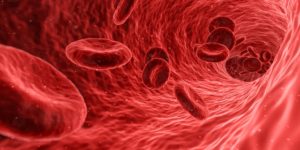
Blood pressure also depends on the amount of resistance to its flow. If the lumen (opening) of the blood vessels is narrowed (as in the case where oxidised cholesterol is deposited on the inside of blood vessel walls) there is more resistance to its flow and this results in increased blood pressure.
So, which Foods Can Help With Blood Pressure?
Eat more Plants
Plants increase your intake of many critical nutrients, especially vitamins C, E, and folate and minerals like magnesium, potassium, and sulfur. Not to mention the all-around health booster known as fibre. All of these nutrients are needed for optimal heart and blood health.
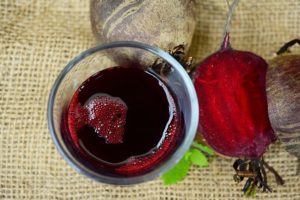
Some plants to eat more of include leafy greens, legumes, nuts/seeds, broccoli, cauliflower and tomatoes but two plants that help in particular are flaxseeds and beetroots. A few tablespoons ofground flaxseeds a day is one of the best foods to help with blood pressure. Beetroot contains a blood pressure lowering substance called nitrate. Beet juice has been shown to reduce blood pressure within hours of drinking it.
Eat fewer processed foods
We’ve all heard the advice to reduce sodium intake for high blood pressure. Not surprisingly, most of the sodium in our diet is from the salt added to processed foods. It’s not from the dash or two on your homemade cooked-from-scratch dinner. Reducing processed food intake not only reduces sodium and sugar intake but also increases intake of more nutrient-dense less processed foods. Win-win.
Speaking of salt…
It’s commonly believed that eating salt leads to high blood pressure, but some studies show that only a small percentage of people with high blood pressure react strongly to salt and for healthy people salt alone may not cause high blood pressure. A four year study on three thousand people found that the participants who ate the least salt had the most heart attacks and cardiac complications.
Also sodium and salt are not the same thing, what we usually call table salt is now a mix of chemically extracted pure sodium and toxic aluminium anti caking agents. Too much sodium makes you thirsty because your body needs to deal with the excess.
Quality sea salts, on the other hand, naturally contain a blend of minerals that provide the sodium the body needs while maintaining mineral balance. The best salt to chose is pink salt mined from Utah or Himalayas, these come from ancient seabeds that do not contain modern pollutants. More on salt here
I do not suggest to up your intake of salt, there is so much salt hidden in packaged foods (interesting fact when anti fat fad came into play the manufactures needed to make non fat products tasty, they did this by adding sugar and salt, hense our sugar and salt loaded diet of modern day, more here.
Supplementing including calcium, potassium and magnesium
Studies suggest that diets rich in calcium, potassium and magnesium are associated with lower blood pressure.
Ditch the caffeine… particularly if you’re sensitive to it
Coffee has been shown to temporarily increase blood pressure. Its effects can last for up to three hours after drinking it. It may not be so bad if you’re not sensitive to it, but caffeine affects some people more than others. Some caffeine sensitivity symptoms include shakiness, worry, irregular heartbeat, or difficulty sleeping.
If you find caffeine affects you, then try switching to decaf or preferably eliminating it altogether.
TIP: Don’t drink a cup of regular coffee or have other sources of caffeine right before your next doctor’s appointment or blood pressure test.
Drink hibiscus tea
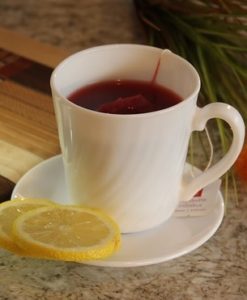 This is not hype. There is science behind the blood pressure lowering effects of hibiscus tea. Several clinical studies have shown that it works. In one study, people drank two cups of strong hibiscus tea every morning. Those two cups were made using a total of five tea bags. This lowered the subjects’ blood pressure as much as a blood pressure medication.
This is not hype. There is science behind the blood pressure lowering effects of hibiscus tea. Several clinical studies have shown that it works. In one study, people drank two cups of strong hibiscus tea every morning. Those two cups were made using a total of five tea bags. This lowered the subjects’ blood pressure as much as a blood pressure medication.
Lifestyle
In addition to food, know that a number of lifestyle factors can be helpful too.
- First of all, if you smoke, really focus on quitting.
- If you drink alcohol, don’t overdo it.
- If you’re seriously stressed, try meditating, yoga, deep breathing, walking in nature, or any other way that busts your stress.
- If you don’t exercise, start small. Also try not to overdo exercise if you already have high blood pressure.
If you have elevated blood pressure, you should be regularly monitored by your healthcare professional, and never change your medications without his/her input.
Here’s a recipe you might like to try
Blood pressure balancing Smoothie
Serves 1
- 1 cup kale
- ½ cup berries (your favourite kind)
- ½ cup beetroot, raw,
- diced ½ banana
- 2 tbsp flaxseeds, ground
- 1 dash cinnamon
- ½ cup nut milk, unsweetened
Add all ingredients to blender & blend until smooth.
Serve & enjoy!
Would like to receive fortnightly recipes & tips like these straight to your inbox? Subscribe >>HERE<<
Can I help you in some way?
FREE 5 Day Quit Sugar Support Program to help you get started on a healthier you
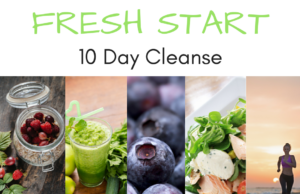 My 10 Day Cleanse is a great way to nourish your body, rejuvenate your gut, liver, reset your blood sugar & hormones, kick start your weight loss. With yummy, healthy, gut nourishing foods and a supplement package which includes, probiotics to replenish your good bacteria, fibre (absorbs toxins, feeds your good gut bacteria) along with high quality anti oxidants, multi minerals, herbs & phytonutrients to enhance the detox process & support your body.
My 10 Day Cleanse is a great way to nourish your body, rejuvenate your gut, liver, reset your blood sugar & hormones, kick start your weight loss. With yummy, healthy, gut nourishing foods and a supplement package which includes, probiotics to replenish your good bacteria, fibre (absorbs toxins, feeds your good gut bacteria) along with high quality anti oxidants, multi minerals, herbs & phytonutrients to enhance the detox process & support your body.
For more FREE Overall Holistic Health info![]() my Fiorente Health Facebook Page, lots of quick health tips and recipes and motivational quotes
my Fiorente Health Facebook Page, lots of quick health tips and recipes and motivational quotes
If you would like to catch up in person you can make an appointment for a FREE initial consult
I’m looking forward to getting to know each other better
References:
https://www.ncbi.nlm.nih.gov/pubmed/20018807
https://www.ncbi.nlm.nih.gov/pmc/articles/PMC3593772/
https://www.ncbi.nlm.nih.gov/pubmed/8824852
https://www.sciencedaily.com/releases/2017/04/170425124909.htm
www.precisionnutrition.com/all-about-high-blood-pressure
www.precisionnutrition.com/natural-treatments-for-common-medical-problems#Highbloodpressure
https://nutritionfacts.org/video/how-to-prevent-high-blood-pressure-with-diet/
https://nutritionfacts.org/video/how-to-treat-high-blood-pressure-with-diet/
https://nutritionfacts.org/video/hibiscus-tea-vs-plant-based-diets-for-hypertension/
http://www.healthline.com/health/foods-good-for-high-blood-pressure#overview1
www.dietvsdisease.org/18-foods-to-lower-blood-pressure/
www.dietvsdisease.org/does-coffee-raise-blood-pressure/

